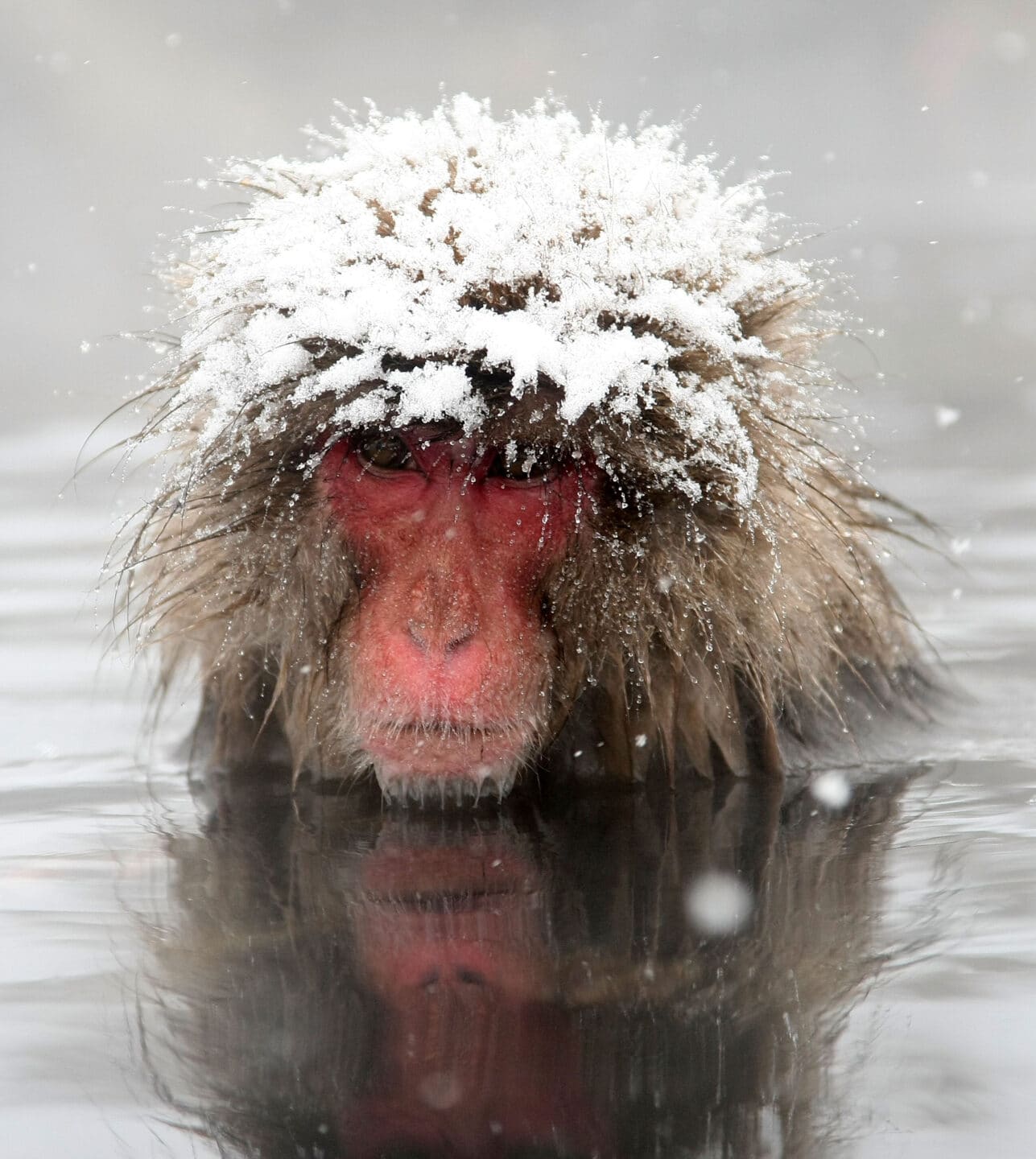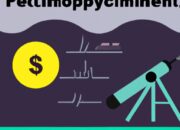The Mpemba effect, named after Tanzanian student Erasto Mpemba, who observed the phenomenon in 1963, presents a perplexing scientific enigma: under certain conditions, hot water appears to freeze faster than cold water. This counterintuitive observation has intrigued physicists, chemists, and laypersons alike for decades. While the Mpemba effect does not challenge the fundamental laws of thermodynamics, it offers a fascinating glimpse into the complexities of heat transfer, molecular dynamics, and the subtleties of the physical world.
At its essence, the Mpemba effect insists that temperature does not always dictate the rate of freezing a liquid may undergo. Traditional thermodynamic principles suggest that cooling occurs uniformly; thus, the colder sample should freeze more rapidly. However, the Mpemba effect confounds this expectation, revealing an inconsistency that prompts a deeper examination of intermolecular forces, and environmental conditions that influence phase transitions.
One compelling explanation lies within the realm of evaporation. Hot water can evaporate more quickly than cold water due to its higher kinetic energy. As water vaporizes, it loses mass, which subsequently decreases the volume of liquid that needs to be frozen. This reduced mass can expedite the cooling process. Furthermore, the residual heat loss encourages convective currents within the liquid, redistributing thermal energy in a manner conducive to faster cooling.
Another hypothesized mechanism pertains to hydrogen bonding. The molecular structure of water includes two hydrogen atoms covalently bonded to an oxygen atom, permitting the formation of intricate hydrogen bonds between water molecules. In heated water, the increased kinetic energy causes these bonds to break more frequently, potentially leading to a disruption in the organization of the water structure. As the temperature of the hot water decreases, the reformation of these hydrogen bonds could catalyze an accelerated freezing process, as the water molecules align more efficiently in a crystalline lattice.
The role of impurities and solutes should not be overlooked either. The presence of contaminants in the water can alter its freezing point. Hot water may contain fewer solutes due to previous evaporation, which might enhance its freezing rate when compared to cold water laden with impurities that disrupt crystalline formation. Moreover, variations in container materials and surface properties can contribute to heat conduction efficiency, impacting overall freezing times.
Environmental conditions also play an integral role in the Mpemba effect. Factors such as air pressure, humidity, and the nature of the freezing environment affect how water behaves when subjected to lowering temperatures. For instance, lower humidity levels can maximize evaporation, while higher pressure systems might impede the formation of ice. Subtle interactions between water and its surroundings ultimately govern the cooling behavior of both hot and cold samples.
The Mpemba effect not only intrigues scientists but also captivates popular imagination. It serves as an archetypal demonstration of nature’s propensity for paradox and invites contemplation about the reliability of our intuitive understanding of physical phenomena. Scientists have conducted a range of experiments to amplify the body of evidence supporting the Mpemba effect; however, results have often been inconsistent. This variability may stem from the influence of myriad factors that continue to defy simple categorization.
In academic discourse, the Mpemba effect represents a salient case of how empiricism can lead to unsettling contradictions within accepted scientific paradigms. The endeavor to elucidate this phenomenon compels researchers to engage with concepts of thermodynamics, fluid dynamics, and statistical mechanics, forging connections across disciplines. Here, the Mpemba effect can be seen not merely as an isolated curiosity but as a catalyst for deeper inquiry into the behavior of fluids and the interplay between matter and energy.
Contemplating the philosophical implications of the Mpemba effect reveals insights into scientific inquiry itself. It epitomizes the demarcation between established theories and the evolving landscape of knowledge. For scholars, the Mpemba effect underscores the importance of remaining vigilant against cognitive biases that may inhibit curiosity. The observation that hot water can sometimes freeze faster than cold invites both challenges and possibilities, affirming that science is a dynamic enterprise characterized by constant revision and refinement.
In conclusion, the Mpemba effect captivates those who encounter it, beckoning further exploration into the intricacies of thermodynamics and molecular interactions. Its existence challenges our preconceived notions of logic, urging a reevaluation of how temperature influences states of matter. The phenomenon stands as a testament to the complexity of natural phenomena, offering an enduring source of inquiry and inspiration for future scientists, all while revealing the elegant mysteries underpinning our physical universe.








